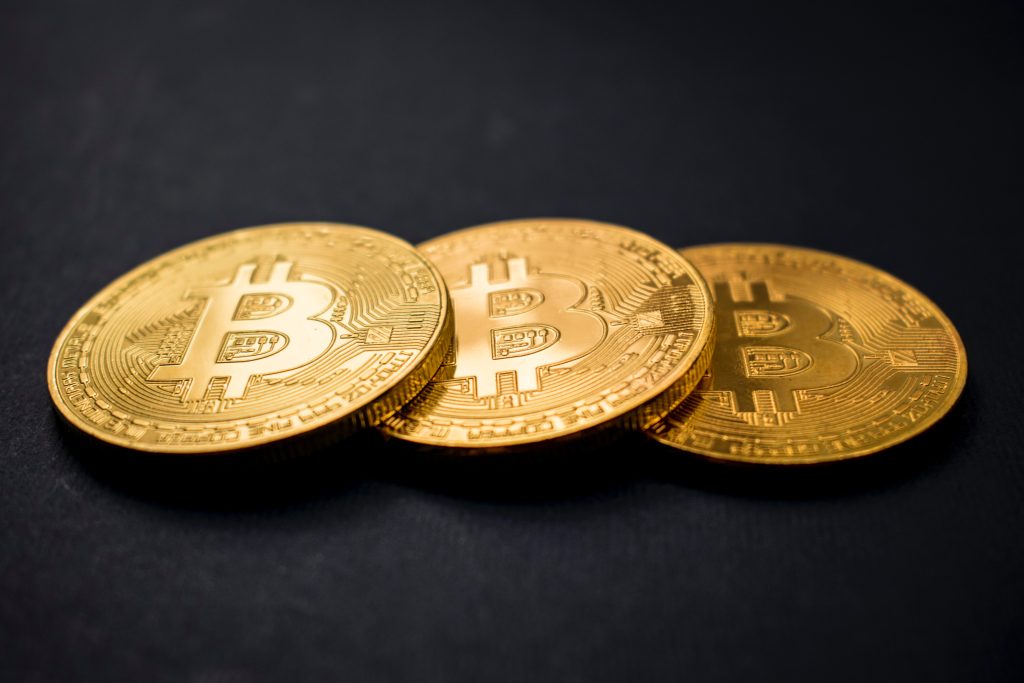How to Choose a Cryptocurrency Exchange
How to Choose a Cryptocurrency Exchange
Whether you are new to crypto or just want to learn more, you need to find the exchange that is right for you and find out 1 bitcoin ile to zł. Here are some tips to help you choose the right one for your needs.
The key factors to consider are which cryptocurrencies they offer, fees, security features, and customer support. Additionally, look for platforms that have a good reputation and have been around for a while.
What is a crypto exchange?
A crypto exchange is an online marketplace where you can buy, sell, or trade cryptocurrencies. These platforms often make it easy to purchase digital assets by connecting your bank account or credit card.
These platforms are centralized, meaning they use a third-party to help conduct transactions. Users trust this third party to offer security, monitoring, and to find trading partners.
A decentralized exchange, or DEX, is a cryptocurrency exchange that doesn’t use a third-party intermediary to facilitate transactions. It uses smart contracts to execute agreements between buyers and sellers.
How do they work?
Cryptocurrencies are digital assets that run across a network of computers. They are not backed by a central authority, such as a government, and their value is determined by supply and demand.
The process of buying and selling cryptocurrencies involves placing buy or sell orders on an exchange. These orders are compiled into an order book, and the exchange automatically matches them with suitable sellers or buyers.
These orders can be in the form of a’market order’ or a ‘limit order’. Market orders are executed immediately at the current market price, whereas limit orders indicate how much of a cryptocurrency you want to buy or sell and the price you’re willing to pay for it. The exchange will then execute your order if it finds a matching buyer or seller at that price.

What cryptocurrencies do they offer?
Cryptocurrency exchanges offer a variety of different cryptocurrencies to buy and sell. This ranges from high-cap, mainstream coins like Bitcoin and Ethereum to newer, less-established cryptocurrencies that are often more speculative and have higher volatility.
Some exchanges also let you store your cryptocurrencies in cold wallets, which can help protect them from theft and other problems. However, they don’t have the same level of security as a bank account or traditional investments, so it’s important to choose wisely.
For starters, a good exchange should have sufficient liquidity to facilitate fast transactions, which are vital when buying or selling a cryptocurrency. If the volume is too low, there may not be enough people willing to buy or sell a coin at any given time, which could cause prices to rise or fall dramatically.
How do they charge fees?
Cryptocurrencies allow people to transfer value online without the need for a middleman like a bank or payment processor. They are based on a peer-to-peer network of computers running free, open source software.
The value of a cryptocurrency is determined by both supply and demand. The more people who want to buy or sell a certain coin, the higher its value will be.
In terms of fees, a crypto exchange charges trading and transaction fees on a regular basis. These can range from a small flat fee to tiered transaction fees based on trading volume.
The most common fee structure uses a maker-taker scheme, whereby makers add liquidity to the system by completing orders that are not already filled. Takers, meanwhile, remove liquidity by completing orders that are waiting to be traded.
How do they protect your money?
Most exchanges have strong security measures in place, such as two-factor authentication. This requires that you enter an additional code you receive via SMS whenever you log in to your account.
Some exchanges also offer insurance to protect the funds you hold within them from theft. Bybit https://www.bybit.com/en-US/, for example, has a policy worth $255 million to cover user assets in case they are stolen or damaged.
In addition, some exchanges use cold storage to store user funds, which is more secure than storing them in hot wallets that are easily accessible. These are important security features to look for when choosing an exchange. Some exchanges even have bug bounty programs that encourage security experts to find vulnerabilities in their system so they can be fixed.

